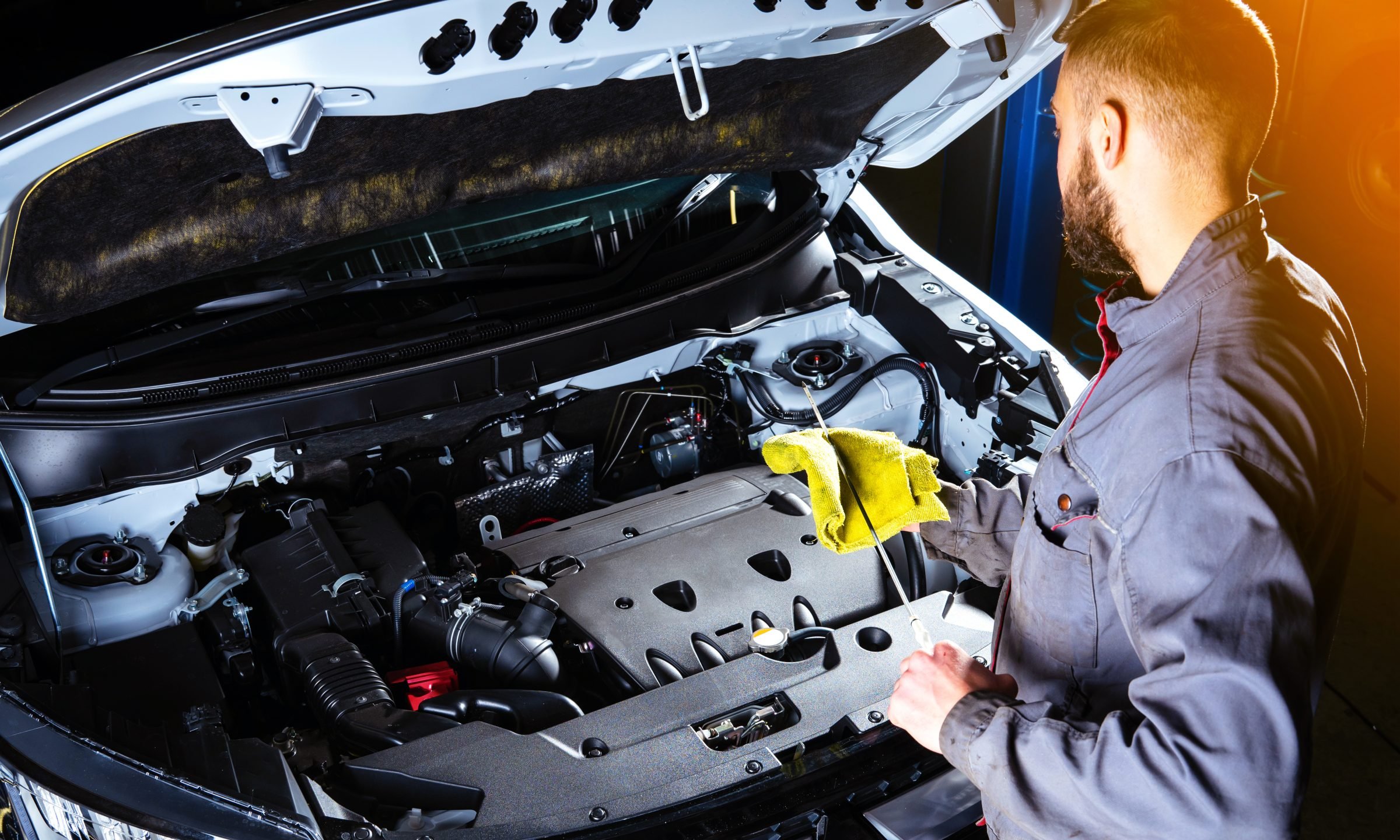All Categories
Featured
Table of Contents
- – 1. Abide by a Routine Upkeep Set Up.
- – 2. Change the Oil Routinely.
- – 3. Examine Liquid Levels Frequently.
- – 4. Screen Tire Health And Wellness.
- – 5. Prioritize Brake Maintenance.
- – 6. Keep the Exterior Clean.
- – 7. Take Note Of Warning Lighting.
- – 8. Drive Properly.
- – 9. Store Your Car Appropriately.
- – Verdict.
Possessing a car features the responsibility of keeping it in peak condition, which is vital for both security and performance. A properly maintained automobile not just gives a smoother experience but likewise saves money on fixings and increases its lifespan. Here are important suggestions to help you maintain your auto and maintain it going for its finest.
![]()
Coolant: Prevents your engine from overheating. Check the coolant level consistently and cover it off as required, especially eventually trips. Brake Fluid: Critical for risk-free stopping. Ensure it goes to the advised degree, and seek any kind of leakages or signs of contamination. Transmission Fluid: Required for smooth gear shifts. Inspect the degree and shade; burned or dark fluid might suggest it's time for a modification. Power Guiding Fluid: Important for very easy steering. Maintain an eye on the level and include more if it's reduced.
1. Abide by a Routine Upkeep Set Up.
One of the most important aspects of automobile treatment is adhering to a routine upkeep schedule. Check your proprietor's manual for the supplier's advisable solution intervals, which generally include oil modifications, filter substitutes, tire turnings, and brake examinations. Normal maintenance can help avoid minor concerns from rising into costly repair work, ensuring your vehicle remains safe and trustworthy.
2. Change the Oil Routinely.
Oil adjustments are among the most crucial upkeep tasks for your automobile. Depending on the type of oil you use and your driving conditions, you must change your oil every 3,000 to 7,500 miles.3. Examine Liquid Levels Frequently.
Your car relies upon numerous liquids to run effectively. Regularly check and maintain these fluid degrees:Coolant: Prevents your engine from overheating. Check the coolant level consistently and cover it off as required, especially eventually trips. Brake Fluid: Critical for risk-free stopping. Ensure it goes to the advised degree, and seek any kind of leakages or signs of contamination. Transmission Fluid: Required for smooth gear shifts. Inspect the degree and shade; burned or dark fluid might suggest it's time for a modification. Power Guiding Fluid: Important for very easy steering. Maintain an eye on the level and include more if it's reduced.
4. Screen Tire Health And Wellness.
Tires are crucial for risk-free driving and lorry performance. Frequently inspect your tire stress, as under-inflated tires can lead to decreased gas effectiveness and raised wear.5. Prioritize Brake Maintenance.
Your vehicle's brakes are important for safety. Listen to any type of indicators that your brakes may require maintenance, such as unusual noises, a spongy brake pedal, or a caution light on your dashboard. Set up regular brake evaluations, and change brake pads as advised-- normally every 30,000 to 70,000 miles-- relying on your driving conditions and behaviors.6. Keep the Exterior Clean.
A clean exterior not only enhances your vehicle's look but additionally protects it from the elements. Wax your vehicle every couple of months to provide an extra layer of security versus UV rays and ecological damage.7. Take Note Of Warning Lighting.
Modern lorries come equipped with various dashboard caution lights that suggest when something is amiss. A check engine light could mean anything from a loose gas cap to a more major engine issue.8. Drive Properly.
Your driving habits can considerably affect your automobile's condition. Avoid hostile driving habits, such as rapid velocity and difficult braking, which can cause premature wear on your engine and brakes. Instead, practice smooth and gradual driving to enhance gas efficiency and lessen damage on your automobile.9. Store Your Car Appropriately.
If you have a car that you do not use frequently, correct storage space is key to keeping its problem. Shop your cars and truck in a garage or shaded location to shield it from rough climate condition. Think about utilizing an automobile cover and disconnecting the battery to avoid drain. if you prepare to store it for a prolonged duration.Verdict.
By sticking to a regular upkeep routine, carrying out regular checks, and being conscious of your driving habits, you can guarantee your car stays trusted, effective, and safe. Spending time and initiative in your car's treatment will certainly pay off in the lengthy run, resulting in fewer repairs and a more satisfying trip.Table of Contents
- – 1. Abide by a Routine Upkeep Set Up.
- – 2. Change the Oil Routinely.
- – 3. Examine Liquid Levels Frequently.
- – 4. Screen Tire Health And Wellness.
- – 5. Prioritize Brake Maintenance.
- – 6. Keep the Exterior Clean.
- – 7. Take Note Of Warning Lighting.
- – 8. Drive Properly.
- – 9. Store Your Car Appropriately.
- – Verdict.
Latest Posts
How to Locate the very best Car Repair Shops Making Use Of Testimonials and ratings
Published Nov 23, 24
0 min read
Trusted Tinley Park Roofing Contractors – Top-Notch Roofing Services by Aabel Roofing
Published Nov 23, 24
3 min read
Reliable Gutter Services for Your Home
Published Nov 23, 24
2 min read
More
Latest Posts
How to Locate the very best Car Repair Shops Making Use Of Testimonials and ratings
Published Nov 23, 24
0 min read
Trusted Tinley Park Roofing Contractors – Top-Notch Roofing Services by Aabel Roofing
Published Nov 23, 24
3 min read
Reliable Gutter Services for Your Home
Published Nov 23, 24
2 min read